A World That Fixes Itself
Henslowe: Mr. Fennyman, allow me to explain about the theater business. The natural condition is one of insurmountable obstacles on the road to imminent disaster.
Fennyman: So what do we do?
Henslowe: Nothing. Strangely enough, it all turns out well.
Fennyman: How?
Henslowe: I don't know. It's a mystery.
Just at that moment, a crier moves through the streets announcing that the theaters have reopened!
That little exchange of dialogue captures an attitude I think entirely consistent with the evolutionary worldview I've been discussing in this blog, in which self-organization à la Stuart Kauffman complements Darwinian natural selection in fostering evolutionary outcomes.
Kauffman believes living systems, thrown into chaos, make their way back out again, re-establishing their equipoise in the orderly regime near the fecund "edge of chaos," where good things happen. Evolutionary innovation is quite impossible further over into the regime of static order, where if anything ever changes, the change is cyclical and repeating, never creative.
So living systems self-heal as they evolve. They sustain catastrophes of chaos, and then they produce surprising new forms of life. Furthermore, the evolution seems to be directional — a fact which would surprise Darwin. The eventual appearance on the earth of creatures like us was nearly inevitable, Kauffman says, given time. We humans are "expected," not accidental.
 In the living world, the natural condition is indeed "one of insurmountable obstacles on the road to imminent disaster," i.e., chaos. Yet, because of the laws of self-organization and complexity which Kauffman seeks to explicate, "strangely enough, it all turns out well." What Kauffman as a scientist and author of books such as At Home in the Universe: The Search for Laws of Self-Organization and Complexity hopes to achieve is that this tendency for things to come out "right" in the end become no longer such a mystery.
In the living world, the natural condition is indeed "one of insurmountable obstacles on the road to imminent disaster," i.e., chaos. Yet, because of the laws of self-organization and complexity which Kauffman seeks to explicate, "strangely enough, it all turns out well." What Kauffman as a scientist and author of books such as At Home in the Universe: The Search for Laws of Self-Organization and Complexity hopes to achieve is that this tendency for things to come out "right" in the end become no longer such a mystery.My take on all this is that we live in a self-fixing, self-healing world wherein natural laws promote directional evolution. The brushes with catastrophe are real and painful, and they leave scars. But they are also integral parts of the process by which obstacles which seem insurmountable just melt away, and lemons can turn themselves into lemonade.
It all bespeaks a God, more so than standard Darwinian evolution does, but a God who doesn't think or act the way he is traditionally said to. That is, he doesn't seem interested in fighting nature, so much as waiting patiently while nature herself works his will.
Which implies that Good Christians (or Good Whatevers) ought not to fight their own natures as much as standard doctrine seems to call for. Nor need they struggle against seeming evil as much as they typically say they must. Instead, the emphasis ought to be on attaining enough humility not to impose their iron will.
Let it be! And, strangely and mysteriously, "it all turns out well" in the end!








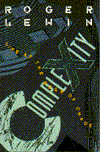

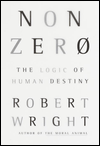

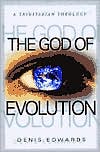

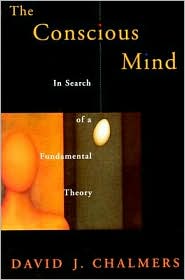
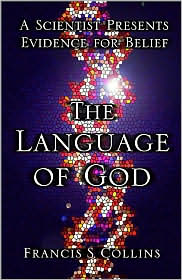


0 Comments:
Post a Comment
<< Home